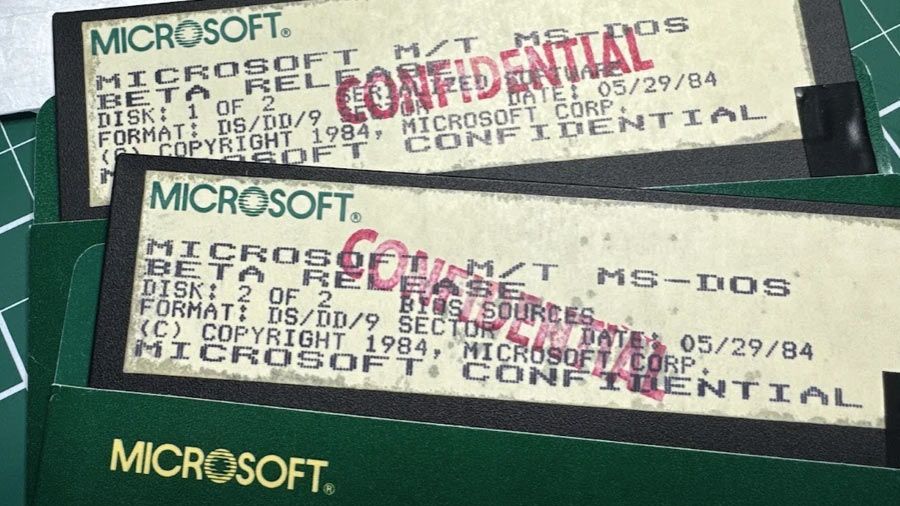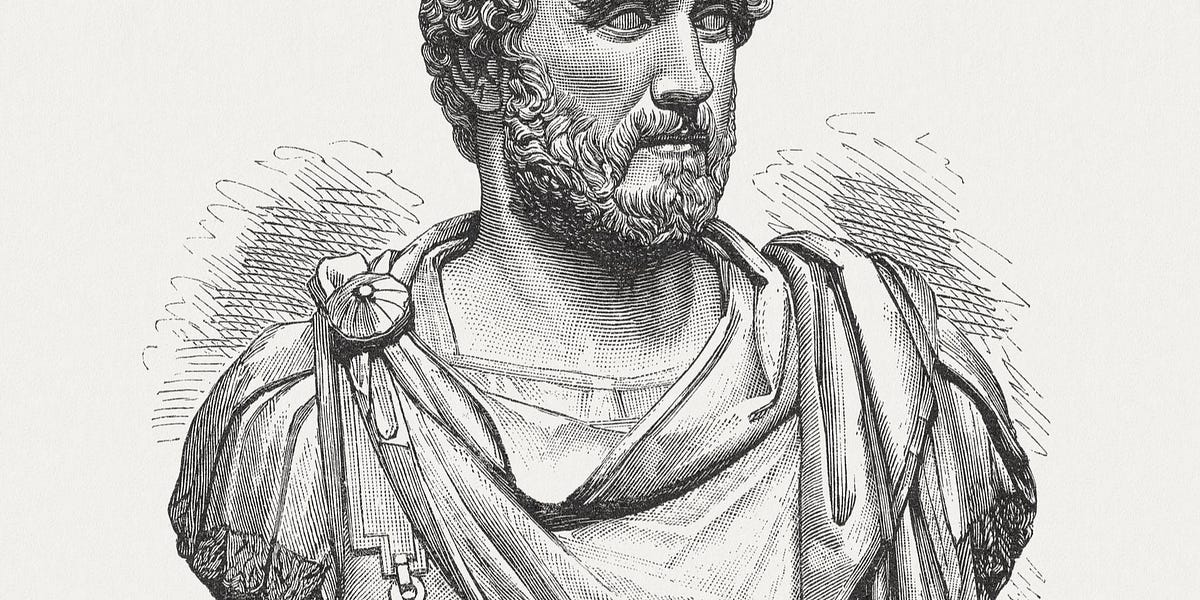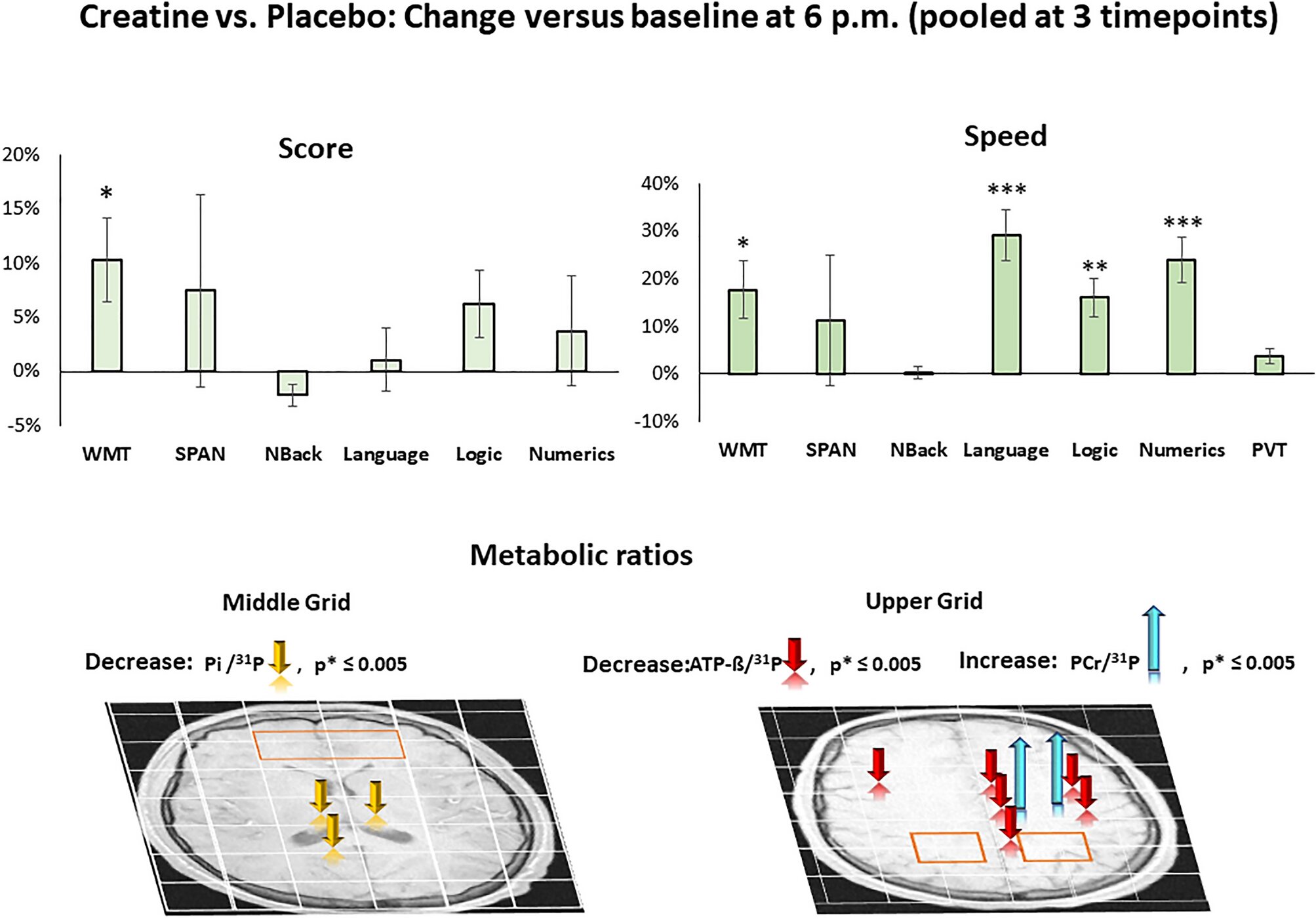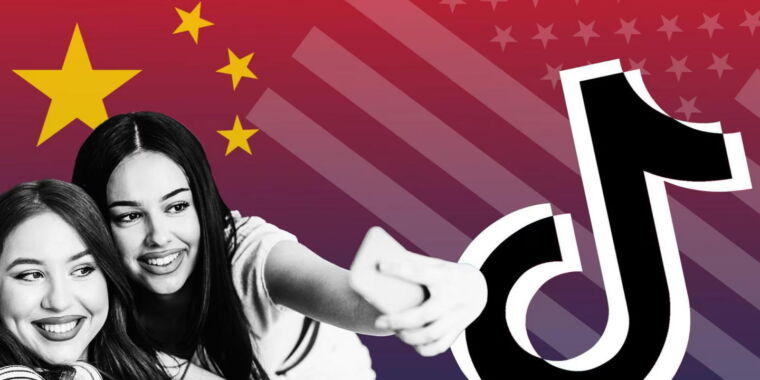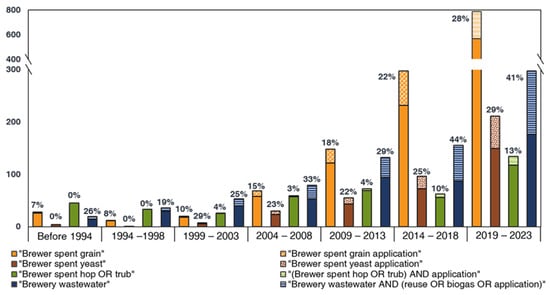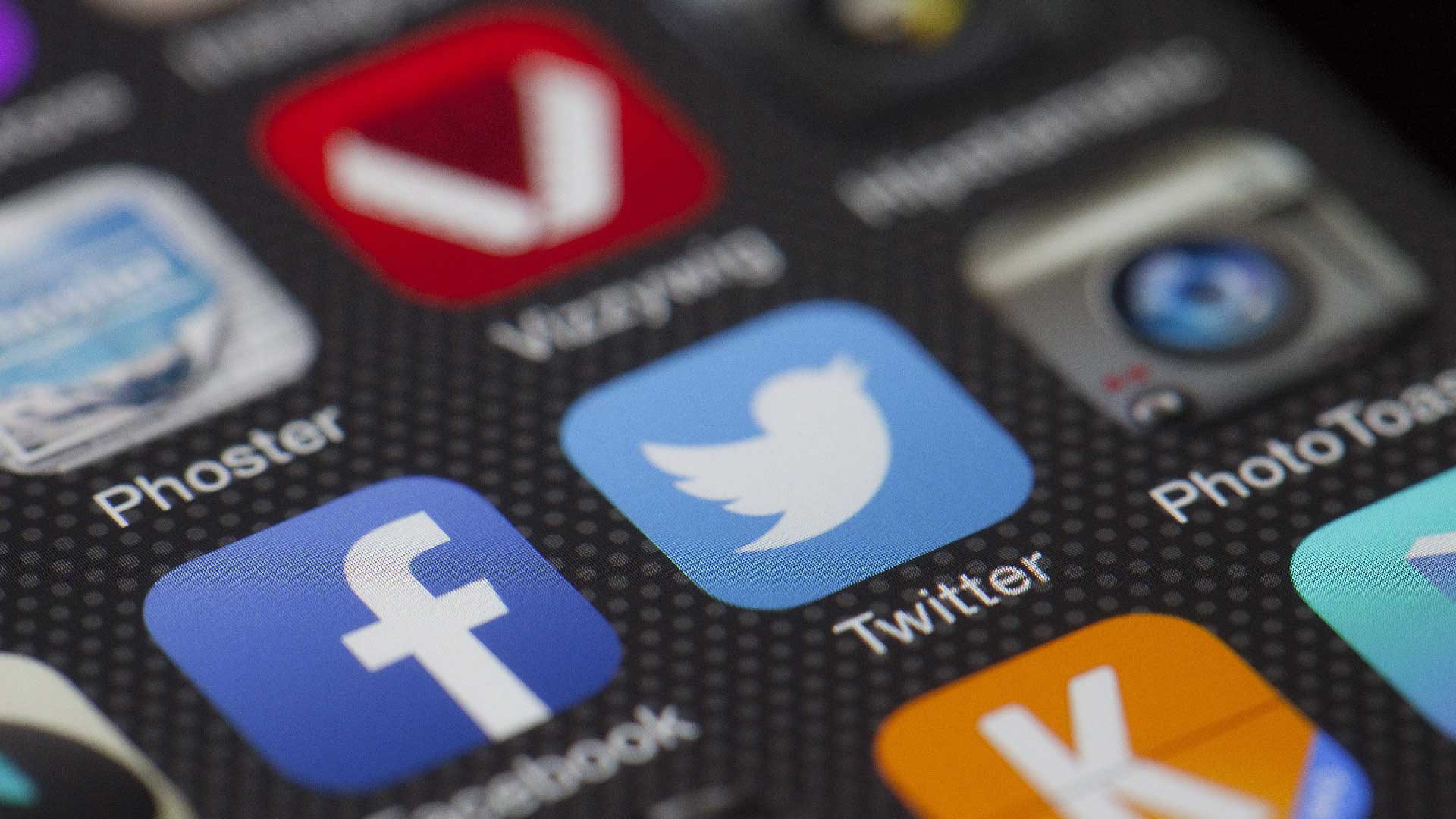
COVID-19 conspiracy theories thrive on social media platforms, EXCEPT Twitter
A new study suggests that while most social media amplified COVID-19 conspiracy theories during the pandemic, Twitter successfully curbed its spread. Researchers surveyed people from 17 (mostly European) countries to collect self-reported measures of social media use and conspiracy thinking.
The study asked people about the social media platforms they used (Facebook, Twitter, WhatsApp, YouTube, or Messenger), and some questions about the most popular COVID-19-related conspiracy theories on social media. Participants were asked to what extent they believed the following statements (very certain it’s false/somewhat certain it’s false, uncertain whether it’s true or false, somewhat certain it’s true, very certain it’s true):
Answers to the three questions were highly correlated (meaning that people who believe in one conspiracy theory, were more likely to believe in the others). While engagement with Facebook, YouTube, WhatsApp and Messenger were all associated with an increase in expressed conspiracy beliefs, engagement with Twitter was associated with a reduction in expressed conspiracy beliefs.
“On average, Twitter reduces conspiracy theory beliefs (CTB) by 3% on the conspiracy scale… YouTube increases CTB with between 2% and 3%, and WhatsApp between 1% and 2%.”

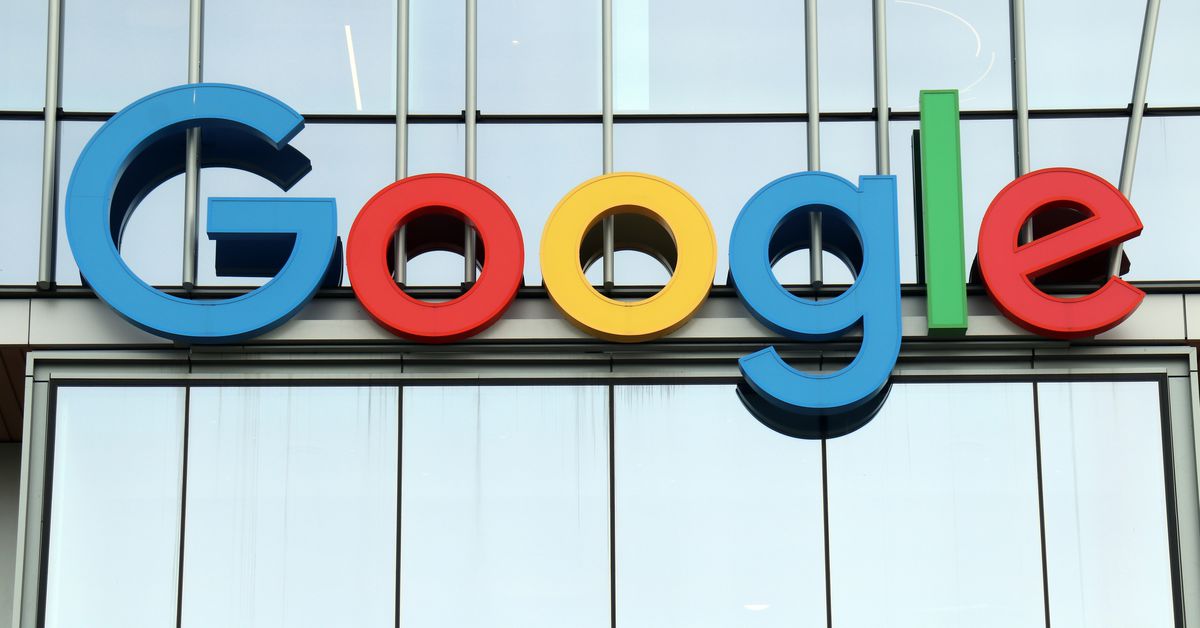
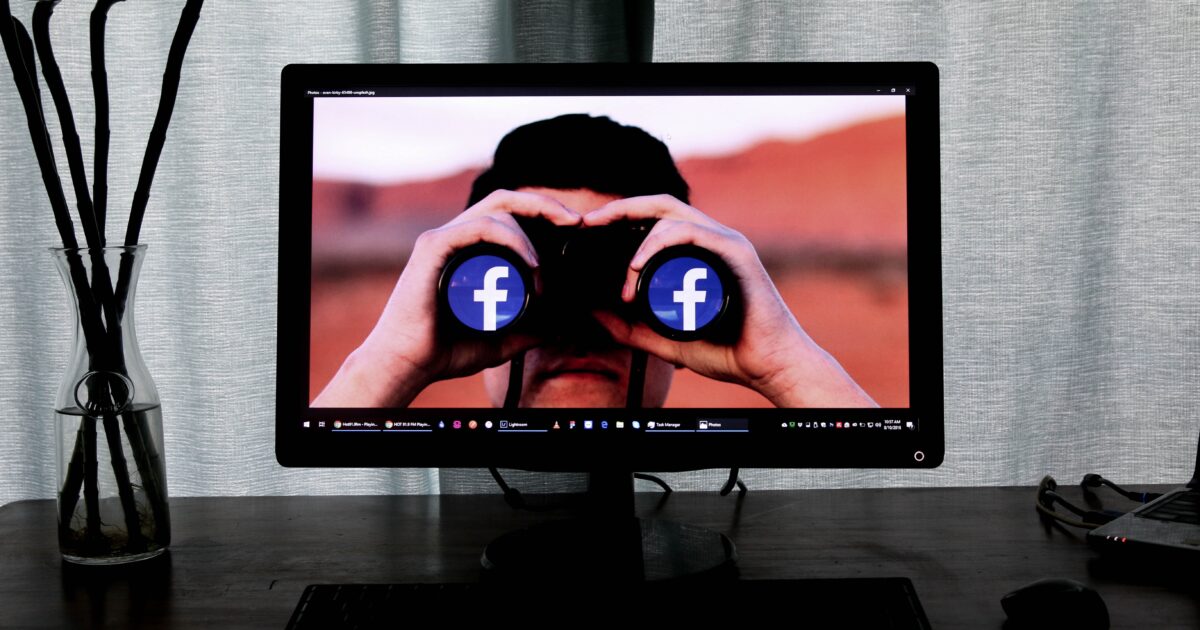




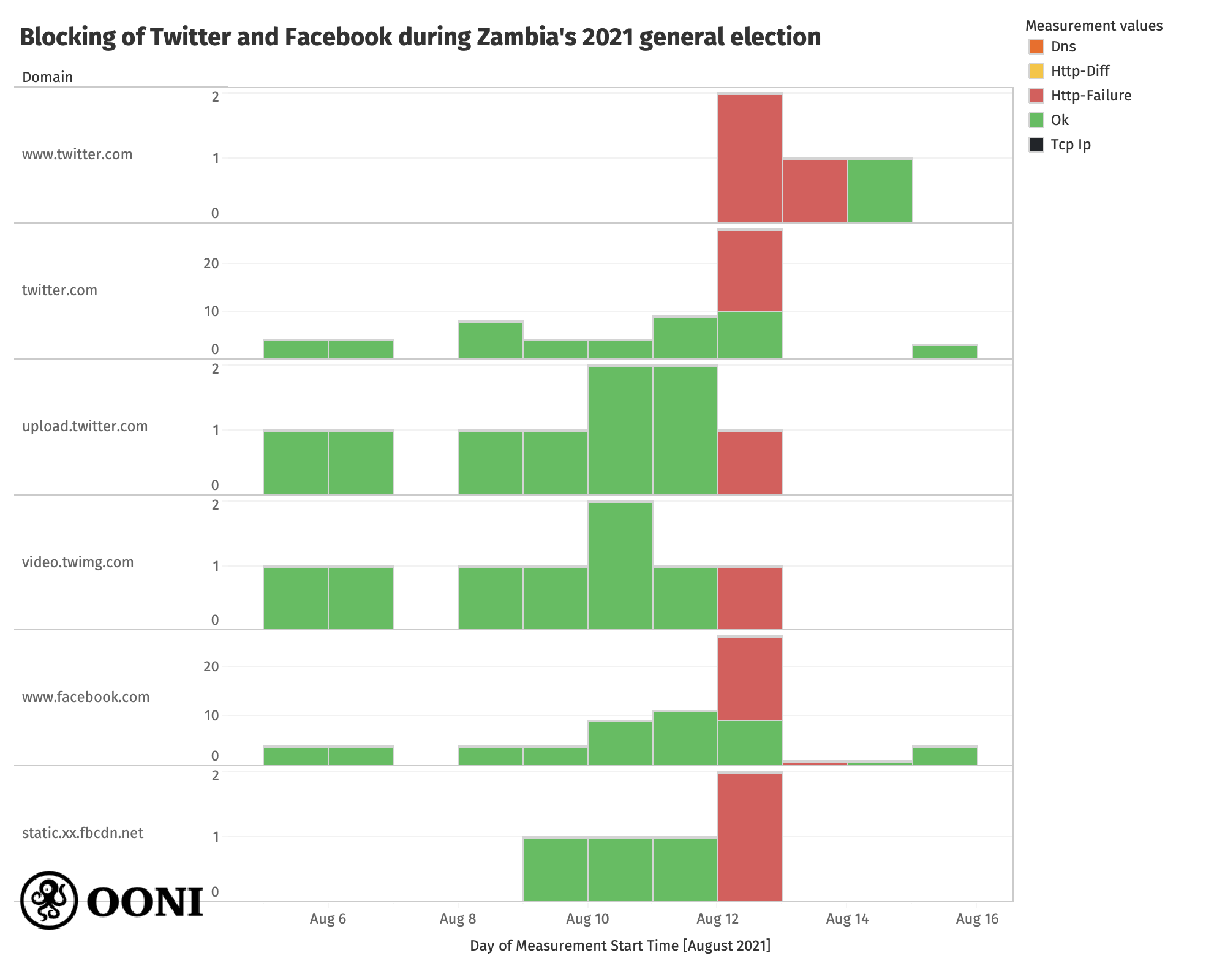




/cdn.vox-cdn.com/uploads/chorus_asset/file/24801728/Screenshot_2023_07_21_at_1.45.12_PM.jpeg)
